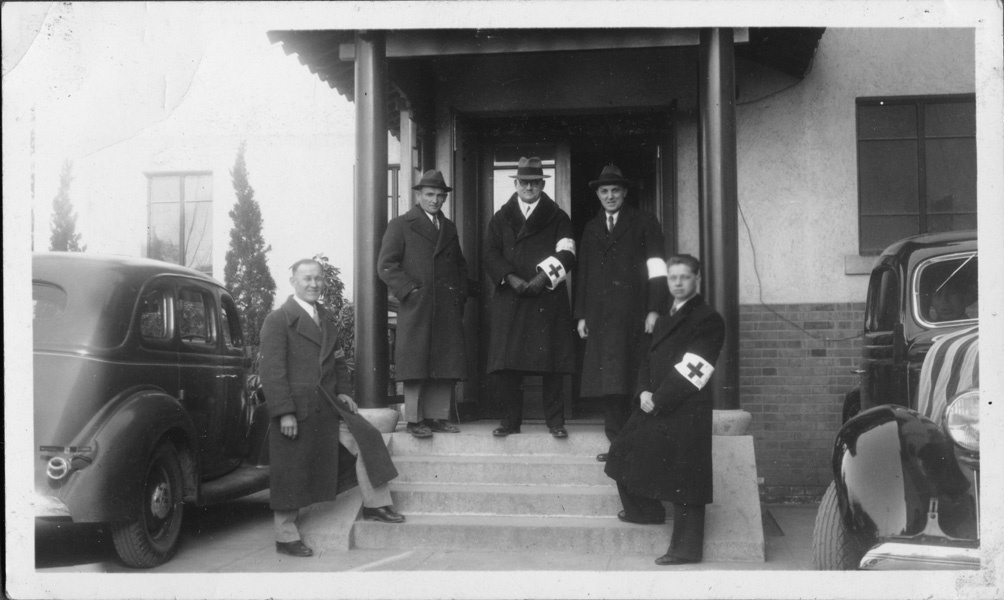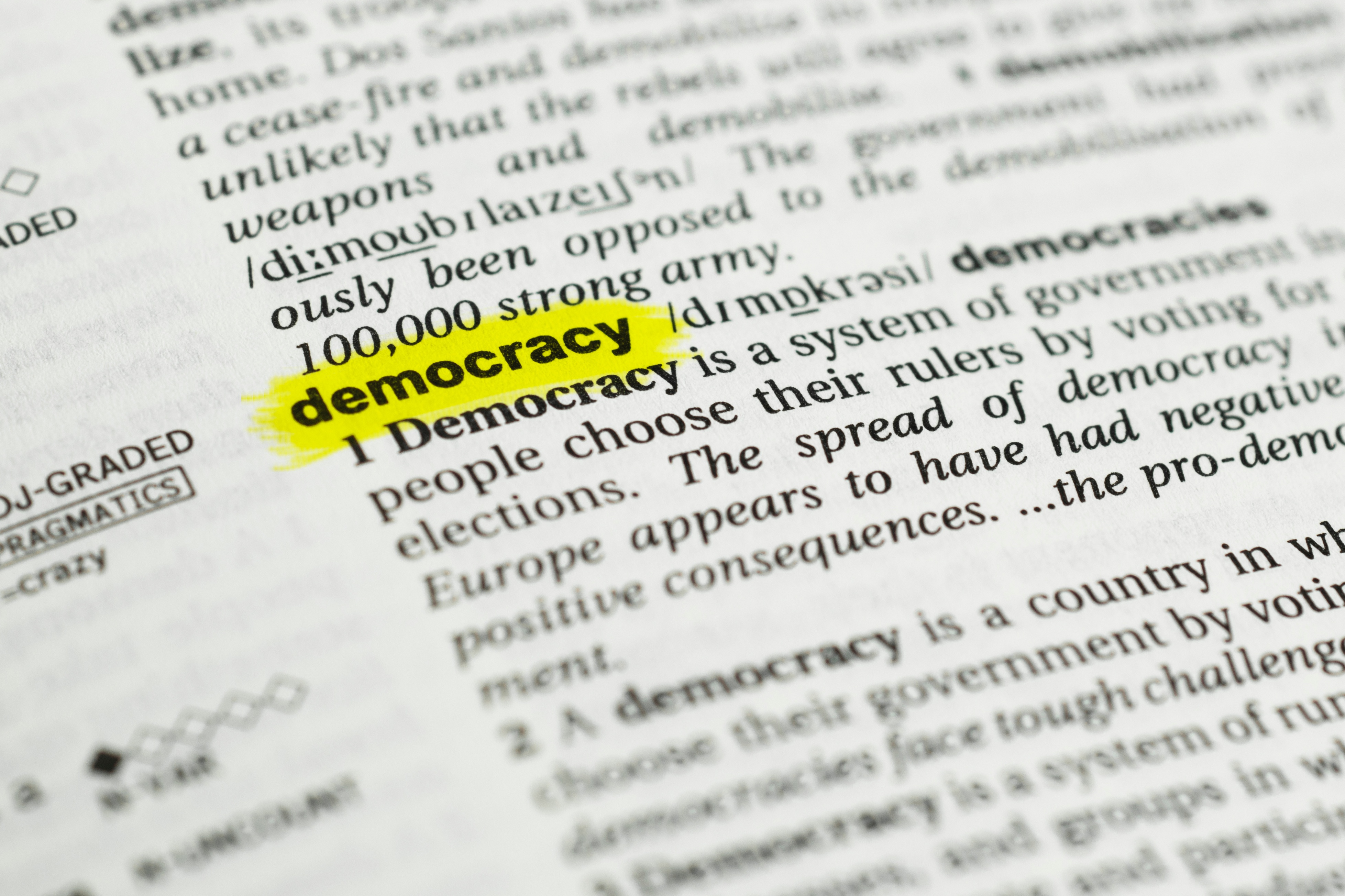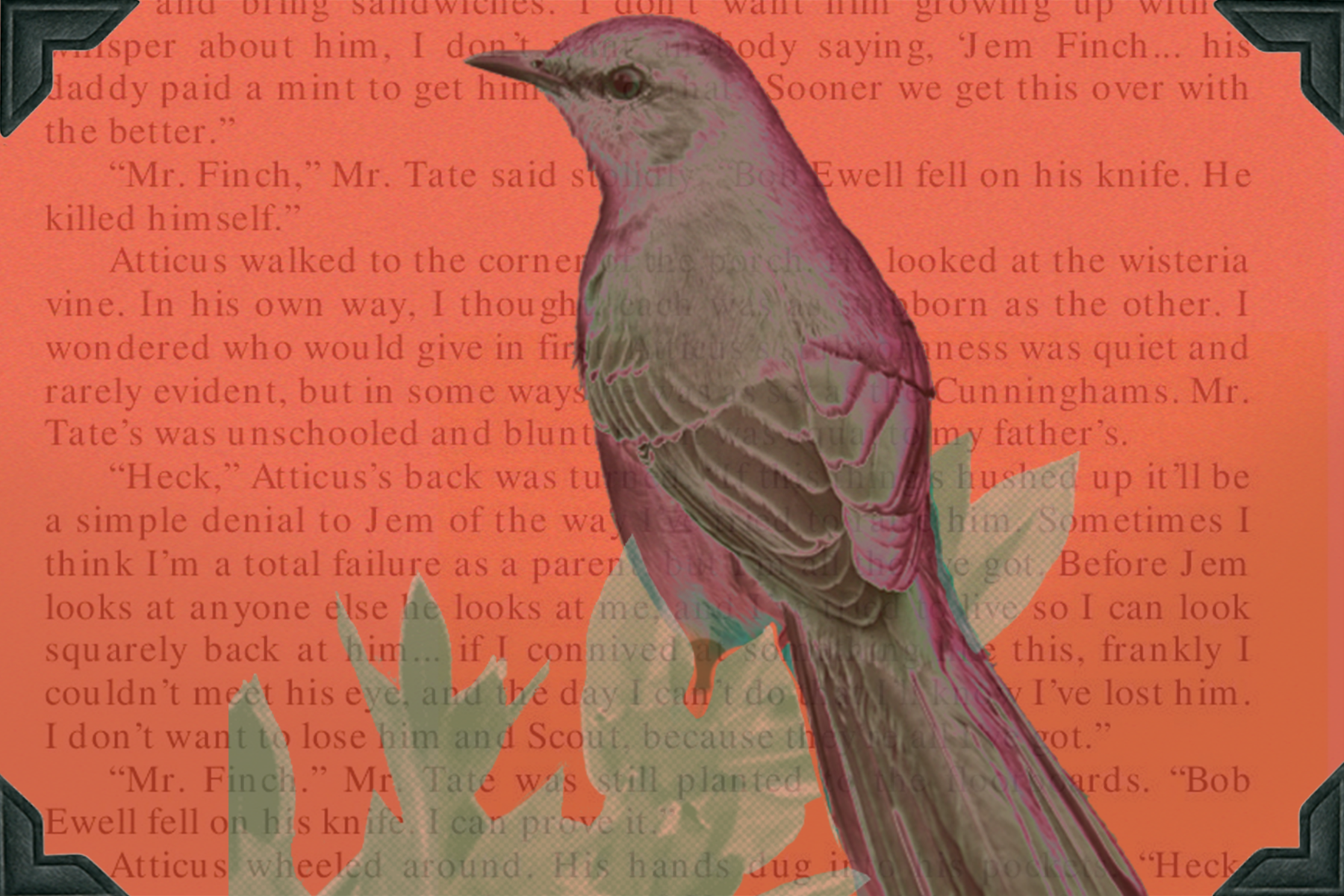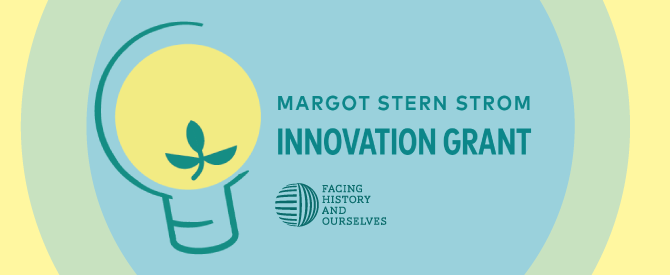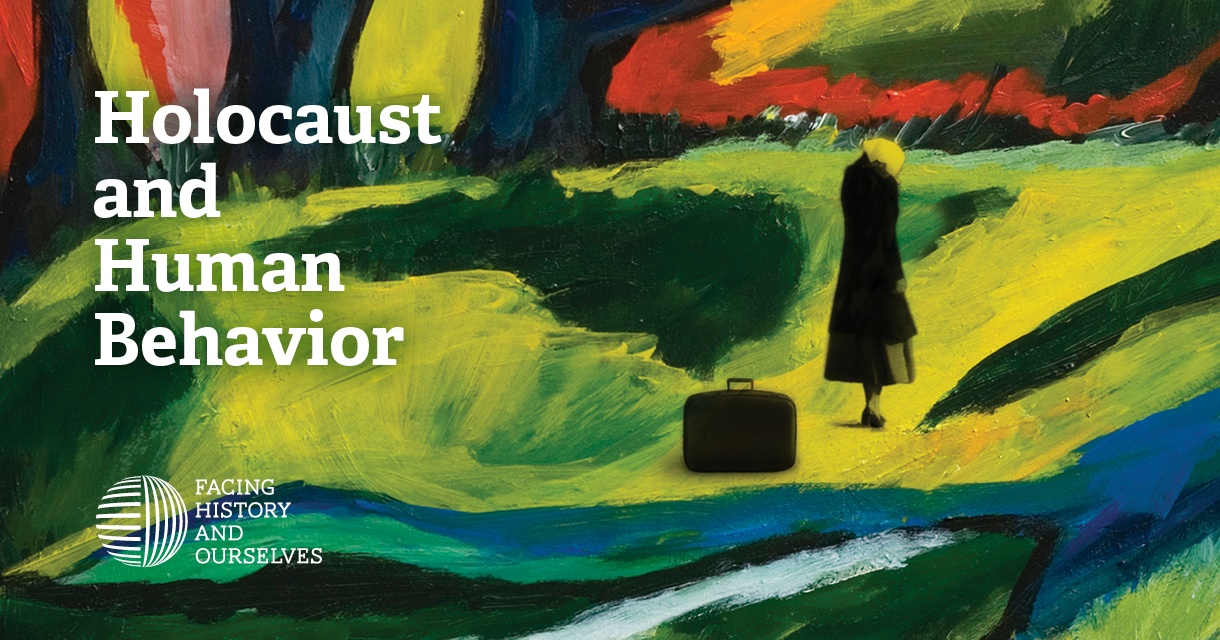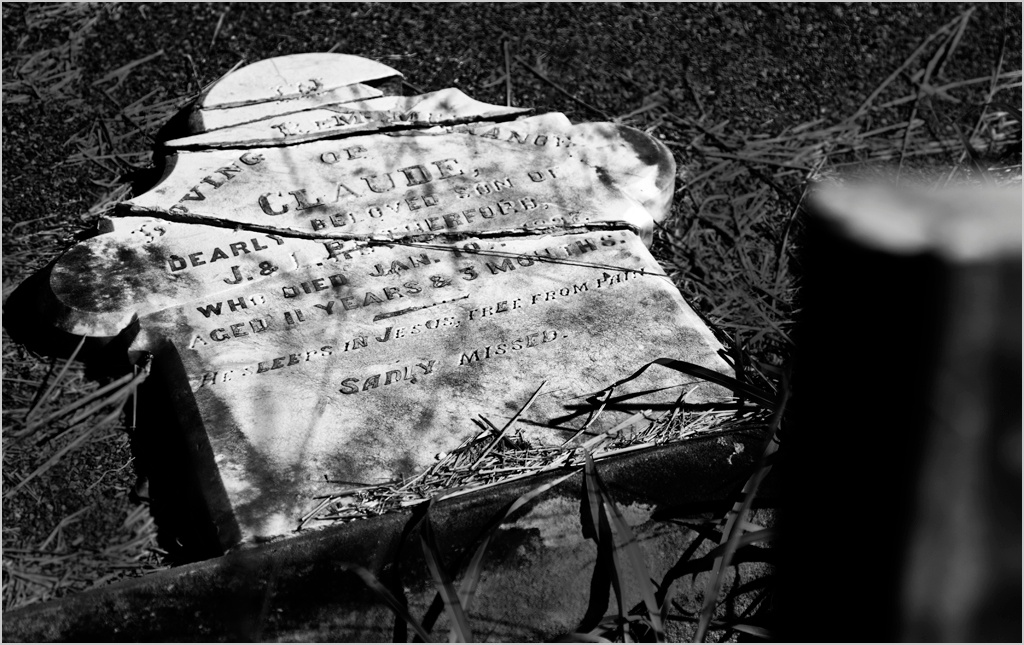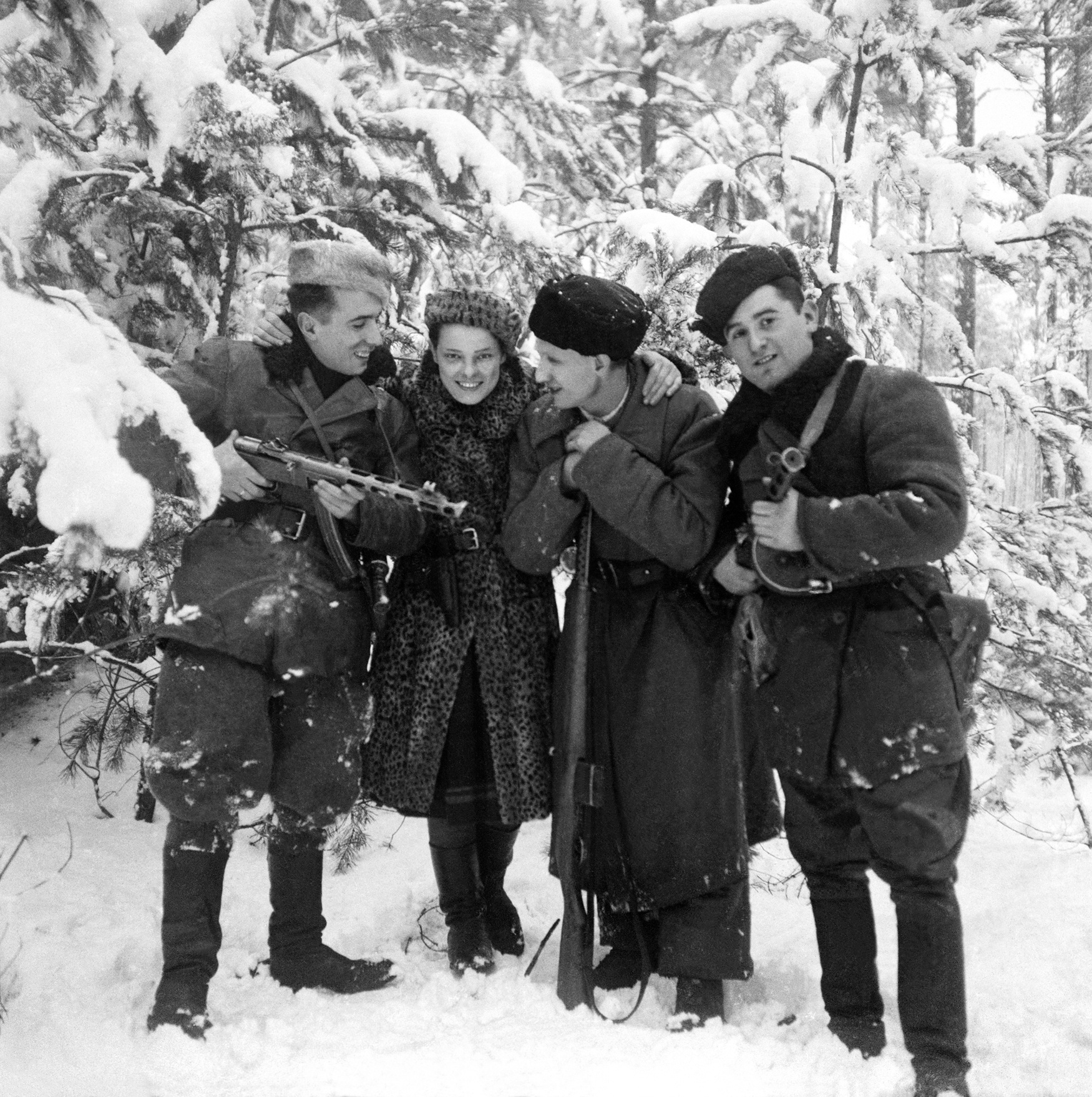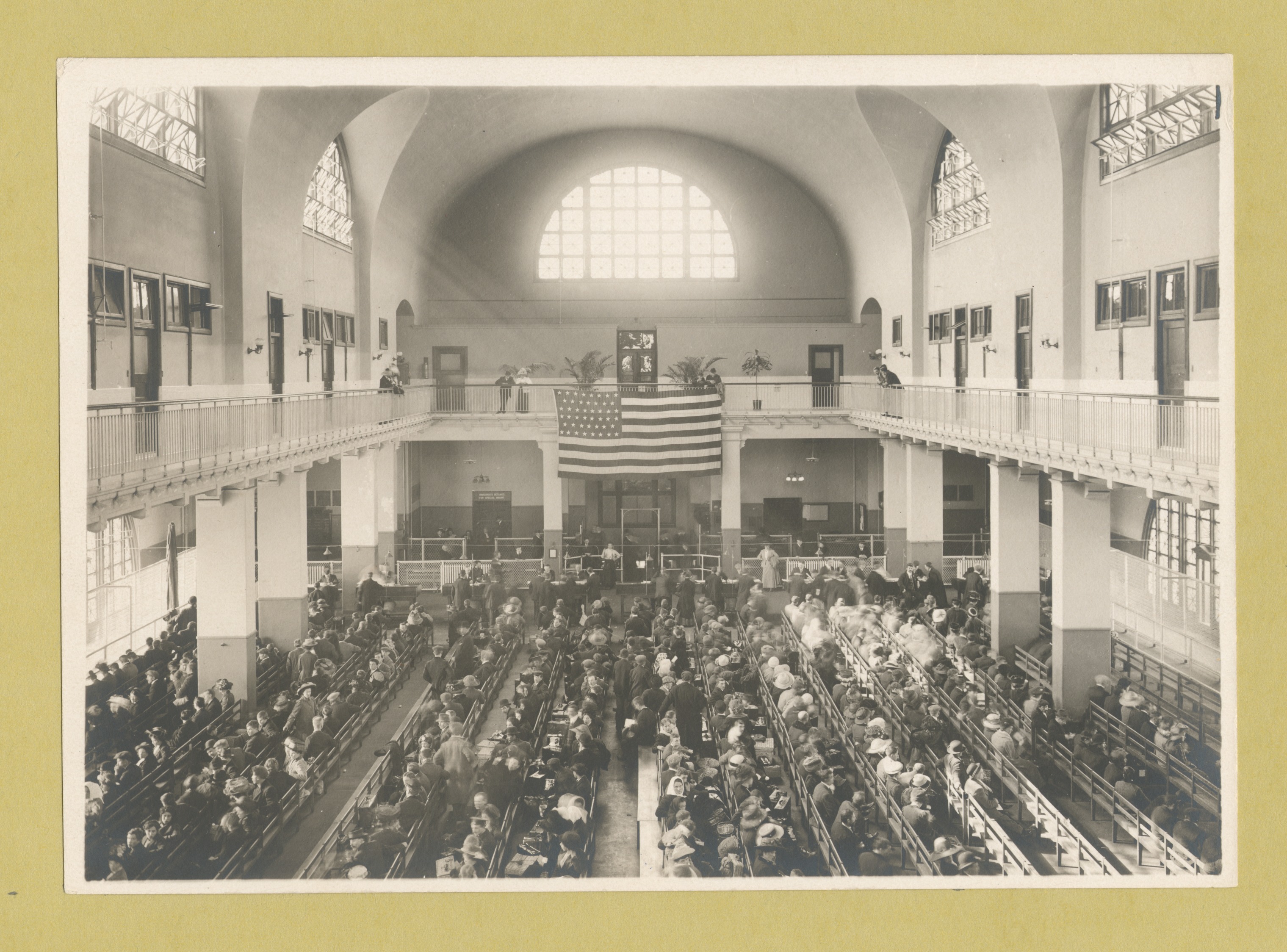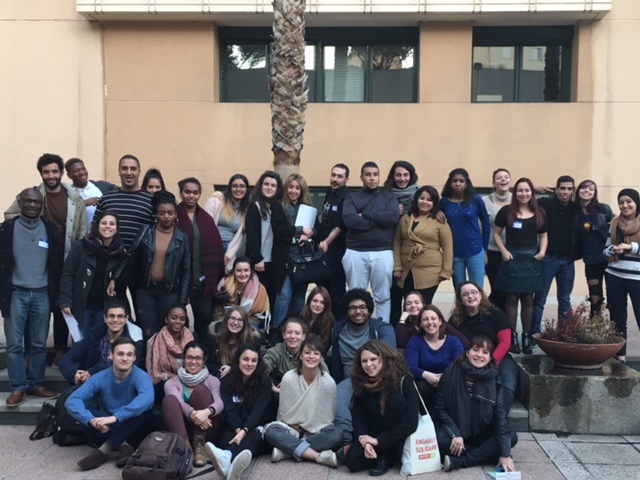I have long wanted to develop and teach a unit on the Nanjing Atrocities for my students at Millennium Brooklyn High School. As a high school history teacher with an undergraduate degree in East Asian Studies, I see it as an important history that we seldom teach in the United States.
Teaching Genocide and World War II Through the Lens of East Asia
Posted by Addie Male on April 19, 2017
Topics: Professional Development, Online Workshop, Genocide/Collective Violence, The Nanjing Atrocities, genocide
Continuing a Legacy Through the 2017 Student Essay Contest
Posted by Stacey Perlman on April 17, 2017
In March, 64 lawyers from Holland & Knight were busy poring over thousands of essays. These weren’t from legal briefings or court hearings. They were submissions from over 5,200 students who entered the 2017 Facing History Together Student Essay Contest. The global law firm’s Holocaust Remembrance Project, which is part of its charitable foundation, generously funded the contest but their lawyers also took an extra step by volunteering to review the essays.
Topics: Contests, Holocaust, legacy, Essay Contest
Facing History Announces New Campaign to Ask "What Makes Democracy Work?"
Posted by Laura Tavares on April 13, 2017
We have all seen, heard, and even felt a heightened sense of division in many communities around the world. Elections in 2016 and 2017—in England, the United States, France and Germany—have both revealed and exacerbated deep tensions in these societies. Never before has it been more important to truly understand the fundamentals of democracy. That’s why Facing History and Ourselves is launching a new campaign inviting educators, students, and community members to ask, "What makes democracy work?"
Over the next eight weeks, we’ll be exploring this question with the help of historians, legal and political scholars, and voices from literature and history—and, we hope, with you. Look for weekly blog posts and teaching resources on our new page, Democracy and Us, and join us on social media with the hashtag #DemocracyAndUs to share your ideas, stories, and classroom experiences. This week, we consider why it's important to ask fundamental questions about democracy in our societies today.
Topics: Democracy, Facing History Resources, current events, In the news, Lesson Plan
Teaching To Kill a Mockingbird Through a New Lens After 35 Years
Posted by Deborah Hibbitt on April 11, 2017
I have spent my whole life living in the south but often find conflict between my roots as a southerner and the complicated history of racism. As a teacher for 35 years, I’ve tried to use literature to develop empathy and understanding to combat bigotry and hatred. To Kill a Mockingbird has long been one of the novels I’ve used to attempt this.
I am always ready to learn something new so when I learned about Facing History’s workshop, “A New Approach to Teaching Mockingbird,” I was intrigued. It turns out I found deeper connections to the novel than I had ever anticipated—some that took me all the way back to my childhood in the south.
Topics: To Kill a Mockingbird, Professional Development, Teaching Resources, workshop, race
Part of challenging our students is challenging ourselves as educators. That’s why Facing History is excited to announce the 2017 Margot Stern Strom Innovation Grants. This year, we’re challenging you to think about how you can bring “hard empathy” into the classroom. You could be one of 12 educators to receive $2,500 to bring your project to life.
Topics: Teachers, Margot Stern Strom Innovation Grants, Empathy
3 Features You Need to Know About the New Holocaust and Human Behavior
Posted by Dan Sigward on April 3, 2017
April is Genocide Awareness and Prevention Month and at Facing History, we’ve revised our seminal case study, Holocaust and Human Behavior. This revision is the culmination of five years of research, discussion, writing, and video and web production by the organization. We wanted to create a more dynamic experience for teachers and students as they grapple with this difficult history and the moral questions it raises.
Topics: Facing History Resources, Genocide/Collective Violence, Holocaust and Human Behavior
Today's News, Tomorrow's History: Antisemitic Attacks
Posted by Monica Brady-Myerov on March 30, 2017
Today’s News, Tomorrow’s History is an ongoing series with Listenwise. This series connects Facing History’s themes with today’s current events using public radio to guide and facilitate discussions around the social issues of our time. We will take a look at the recent increase of hate crimes, especially the antisemitic attacks in over a dozen states.
Topics: Antisemitism, Religious Tolerance, News, Journalism, Public Radio, Today's News Tomorrow's History, In the news, Listenwise
During World War II, 20,000 to 30,000 Jews fought back against the Nazis as partisans. Hidden deep in the forests, these underground communities were the heart of an organized resistance movement that took up arms against the Nazis. Around 10 percent of these partisans were women.
Although often known for their support roles—performing camp duties, providing medical care, and acting as messengers—some women also fought alongside men. As we close out Women’s History Month, we’re celebrating three Jewish women partisans whose bravery shows us the meaning of what it is to be an upstander.
Topics: Holocaust, Women's History Month, Upstander, Partisans, Jewish Educational Partisan Foundation
Every family in the United States originated from somewhere else. From Native Americans who migrated across a land bridge to North America to immigrants who sailed aboard a steamship to Ellis Island, many chose to come to America. Hundreds of thousands of others were brought here against their will aboard slave ships.
Topics: Immigration, Holocaust and Human Behavior, current events, We and They
Flexing Our Civic Muscles Together Against Antisemitism, Hatred, and Intolerance
Posted by Karen Murphy on March 20, 2017
The stories are heartbreaking and chilling. In the first few weeks of 2017, identity-based hatred appears to be pervasive and on the rise. Two immigrants from India were shot in Kansas allegedly by a man who confronted them about their visa status; historical Jewish cemeteries were vandalized in St. Louis and Philadelphia; and, in Rockville, Maryland, a Jewish couple, who put up a Black Lives Matter banner outside their home, received a threatening note with the word “Jew” written in German and the ominous promise of “mayhem.” On January 29th, six people were killed and 19 were injured in a mass-shooting at a mosque in Quebec City. The victims included fathers, an academic, and local businessmen. They were in the midst of evening prayers.
Topics: Antisemitism, Democracy, International, Human Behavior, Paris, current events

